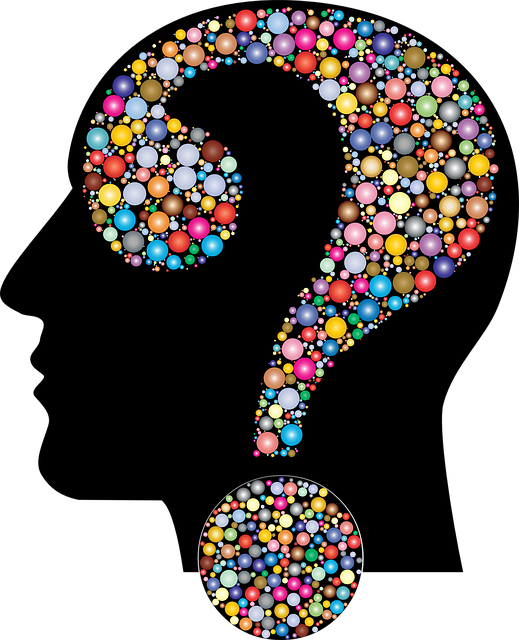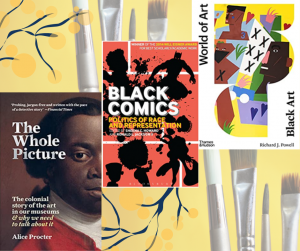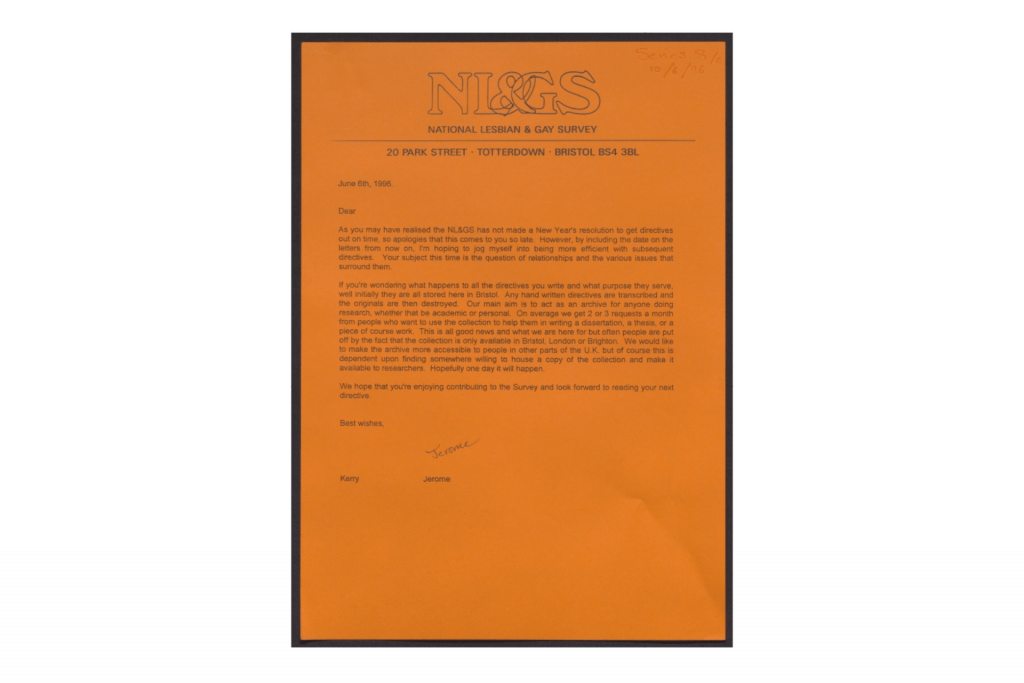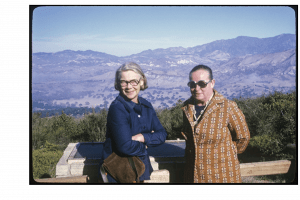
A student told me yesterday that it is quicker to use Google rather than the Library. It felt like I had to do a full-on sales pitch for the next hour extolling the virtues of the Library resources. I felt I partially succeeded. The student listened and decided they would like to investigate further.
So why use the Library resources when Google is such a handy option?
What’s the big deal about the Library?
To do academic research, your tutors will expect you to go beyond Google to find good quality, scholarly material. Your search on Google does not go through a review process. Anyone can publish on the web. The Library resources are carefully reviewed and selected by Librarians based on their reliability, relevance to your studies and add value to your academic research.
Your Subject Librarian has organised Library sources into a Subject Guide to help you easily decide which databases and journals you need for your research. Internet sources are not organised and there are too many pages for any search engine, like Google, to organise by subject matter.
Use the Library to find print and e-resources specific to your subject area and find a wealth of material including academic articles, news items, technical information, magazines, images, statistical data and more. Many of the databases that the Library subscribes to are indexes to millions of articles from an array of different disciplines.
No one is saying don’t use Google. Use it for information on corporations and other organisations, for news and current awareness, for researching a well-known event or individual or to find opinions on a topic. Use Google ALONGSIDE the Library resources. They can complement each other.
What about Google Scholar?
Again, it can be a great source when used in conjunction with the Libraries’ article and other databases but not on its own. Yes, it has scholarly articles but it also includes other material that is untrustworthy and you may miss out on articles in full-text.
So….check out the Library Subject Guides and find out who your Subject Librarian is so that they can get you started on where and how to search effectively for your individual topic. It might well save you the time you thought you were saving on Google.
Look at your subject guide here: https://guides.library.lincoln.ac.uk/?b=s
Find out who your Subject Librarian is here: https://guides.library.lincoln.ac.uk/asl








